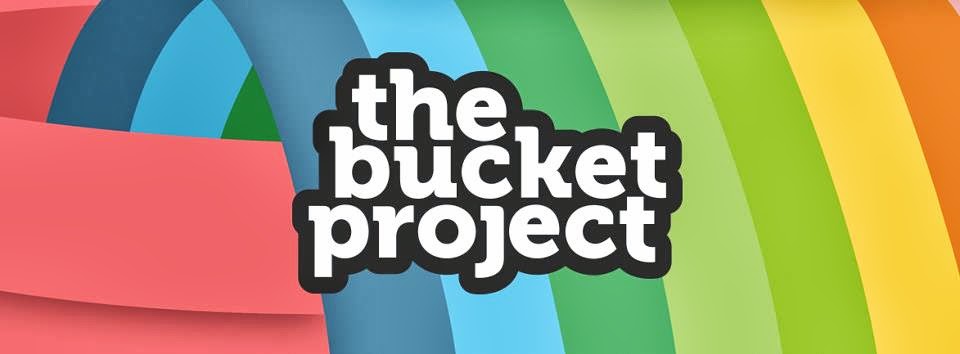Here is a though-provoking extract from our April newsletter written by our very own Rachael McKindley about the food industry.
I often wonder how many of the people who aren’t ready to talk about death, are vegetarians? Now, this article is neither for nor against meat eating or vegetarianism. I wanted to write about how we stare death in the face each time we walk in to a supermarket, past a butcher’s window, or pull that neat package of meat from the fridge.
 |
| Image from howtosurvivealieninvasionnovels.blogspot.com |
To survive in life, we need to eat. And a lot of us choose to eat meat as part of our diet. How many of us appreciate that an animal had to die to sustain our life? We actively farm a range of animals to suit our dietary needs. This means animals that are born and bred into a life that consists of them being fed and given shelter, until someone deems them large enough to make a profit. It’s a clinical process that makes money from death. And we (meat eaters) buy in to it.
That the nice cut of meat, all neatly packaged, that you might be planning to have for your tea, is only here because an animal gave its’ life. By refusing to acknowledge this, are we disrespecting that animals’ sacrifice? If young children ask what meat they are eating, do you tell them the name of the animal it came from, or do you describe only the food? Is a burger just beef, or is it from a cow? We often try to shield children from death, for fear of upsetting them. Often, it is the adults’ fear that is preventing the child from developing a healthy understanding of where our food comes from.
Does it ever cross your mind, when you’re pushing a trolley through the aisles of your local supermarket, how many dead animal bodies you are surrounded by? Why does it horrify some to think of eating road kill? These animals lived natural, wild lives and they died living that life. Why is this worse than breeding and raising animals for the slaughter, just so they can be neatly packaged before arriving in our home? If we ever had to return to our hunter gathering days, would you be able to catch, kill and then skin an animal – to survive? Nowadays, we are in a position to pay someone else to do the farming and butchering. But have we forgotten that this still needs to happen?
 |
| Image from prlog.com |
I think we do the animals that die to feed us a disservice by not honouring their sacrifice. We don’t need to dance around fires whilst chanting and ritualistically slaughtering animals ourselves; let’s just give them an occasional thought, and a thank you; for becoming a delicious meal that helps to sustain us through another day of life. I hope this article hasn’t changed anyone’s eating habits in any way. Though it’s important to note that vegetarians don’t escape guilt-free – many plants will die too, to provide you with those essential nutrients...
You can read more interesting articles like this by downloading our 5th Animal Edition Newsletter from the Downloads Page.




